Leason Ellis Secures Dismissal With Prejudice of Copyright Infringement Case in the District of New Jersey Against Infamous “Copyright Troll”
August 20, 2020
Patent Drafting In View Of Section 112(F) 1
October 10, 2020Similar Facts, Different Decisions: How U.S. District Courts Reach Inconsistent Results


1.Introduction
To decide a patent infringement action, a U.S. district court must have “personal jurisdiction” over each defendant party. Personal jurisdiction can be based on “general” jurisdiction, meaning the company has sustained and continuous contacts with the state where the lawsuit is filed, or “specific” jurisdiction, meaning the company had sufficient conduct related to the transaction giving rise to the complaint. In the case of foreign corporations operating in the United States through wholly owned subsidiaries, they are usually protected from being subject to general jurisdiction by not having offices or employees and not operating directly to sell products in the United States. Specific jurisdiction however, is a different animal and applies a different analysis than general jurisdiction. Below I discuss three recent federal district court decisions addressing whether a parent company is subject to specific jurisdiction under remarkably similar facts. Two courts found jurisdiction existed, although for slightly different reasons, and the third court found no jurisdiction. While the third court’s decision might be attributed to a failure of plaintiff to carry its burden of proof, it also evidences a philosophical difference in the application of the law of due process that leads to different results.
2. Michigan Motor Technologies v Volkswagen (EDMI, July 10, 2020, Hon. D. Lawson)
Plaintiff Michigan Motor Technologies (MMT) sued Volkswagen Group of America (VWGA) and Volkswagen A.G. (VWAG) in the U.S. District Court for the Eastern District of Michigan (EDMI). VWAG moved to dismiss for lack of jurisdiction, arguing that it is not subject to general or specific jurisdiction in EDMI.
The relevant facts are as follows. VWAG is a multinational corporation headquartered in Wolfsburg, Germany. It has a Board of Management responsible for managing the Volkswagen Group of companies which includes VWGA, and a Supervisory Board that appoints, monitors and advises the Board of Management. VWAG designs, produces and sells its vehicles in Germany for distribution throughout the world, and develops a global marketing and pricing strategy that it provides to each region, including the United States. VWAG has no physical presence and owns no real estate in Michigan. It pays no taxes in Michigan. It neither employs anyone nor maintains a mailing address or phone number in Michigan. Nor is it qualified, licensed, authorized, or registered to do business in Michigan. Rather, VWAG’s vehicles are sold in the U.S. through a subsidiary, VWGA, which is incorporated in New Jersey, headquartered in Herndon, VA and maintains a facility in Auburn Hills, MI. VWGA takes title to the vehicles in Germany, is responsible for the importation, sale, marketing, and distribution of vehicles in the United States and sells them to dealers at prices that it determines within VWAG’s guidelines. As the court found: Although VWAG and Volkswagen Group of America are distinct companies with different leadership boards, they are still substantially related. In its public corporate reports, VWAG does not differentiate itself from its subsidiaries in its financial reporting to its shareholders, groupwide performance goals, sales distribution figures, or global compliance initiatives. And the Volkswagen Group maintains a global compliance organization, comprised of divisional and regional offices, which supports and advises each brand to conduct its business activities under relevant laws and internal regulations. (Opn. at 2-3). The EDMI Court rejected MMT’s primary argument that the court has “general personal jurisdiction over VWAG because ‘VWAG continuously engages in business dealings with Volkswagen Group of America, particularly through its Supervisory Board and Board of Managers, to whom its brand board for [VWGA] . . . answers.’” (Opn. at 9). It found VWAG’s contacts with Michigan did not meet the requirement for general jurisdiction that its “contacts be so ‘continuous and systematic as to render [it] essentially at home in the forum State.’ [Daimler AG v. Bauman, 571 U.S. 117, 138-39 (2014)] (quoting Goodyear Dunlop Tires Operations, S.A. v. Brown, 564, U.S. 915, 919 (2011)).” (Opn. at 9). Next, the EDMI Court examined whether jurisdiction was proper under Federal Rule of Civil Procedure 4(k)(2) (“Rule 4(k)(2)”), which allows “a court to exercise personal jurisdiction over a defendant if (1) the plaintiff’s claim arises under federal law, (2) the defendant is not subject to jurisdiction in any state’s courts of general jurisdiction, and (3) the exercise of jurisdiction comports with due process.” Synthes (U.S.A.) v. G.M. Dos Reis Jr. Ind. Com de Equip. Medico, 563 F.3d 1285, 1293-94 (Fed. Cir. 2009). “The third requirement under Rule 4(k)(2) — the due process analysis — contemplates a defendant’s contacts with the entire United States, as opposed to the state in which the district court sits.’ Id. at 1295. “Rule 4(k)(2), therefore, serves as a federal long-arm statute, which allows a district court to exercise personal jurisdiction over a foreign defendant whose contacts with the United States, but not with the forum state, satisfy due process.” Id. at 1296. (Opn. at 8.) The EDMI Court laid out the due process analysis as follows: To determine whether the exercise of jurisdiction comports with due process, the Federal Circuit, under the framework for analyzing specific personal jurisdiction [in patent cases], employ “a three-part test considering whether: (1) the defendant purposefully directed its activities at residents of the forum; (2) the claim arises out of or relates to the defendant’s activities with the forum; and (3) assertion of personal jurisdiction is reasonable and fair.” M-I Drilling Fluids UK Ltd. v. Dynamic Air Ltda., 890 F.3d 995, 1000 (Fed. Cir. 2018) (citing Synthes, 563 F.3d at 1297). If the plaintiff satisfies the burden on the first two elements, “the burden then shifts to the defendant to ‘present a compelling case that the presence of some other considerations would render jurisdiction unreasonable.’” Ibid. (quoting Burger King Corp. v. Rudzewicz, 471 U.S. 462, 477 (1985)). (Opn. at 11). The aforementioned Burger King analysis considers five factors: “(1) the burden on the defendant; (2) the forum’s interest in adjudicating the dispute; (3) the plaintiff’s interest in obtaining convenient and effective relief; (4) the interstate judicial system’s interest in obtaining the most efficient resolution of controversies; and (5) the shared interest of the states in furthering fundamental substantive social policies.” M-I Drilling, 890 F.3d at 1000, 1002 (citing Burger King, 471 U.S. at 477). (Opn. at 13-14.) In this case, the EDMI Court found that VWAG established its wholly-owned subsidiary VWAG for, and acted in concert with VWGA to, ship to, advertise, market and sell thousands of accused infringing vehicles in the United States which amounted to conduct “purposefully directed toward the forum.” Asahi Metal Industries Co. v. Superior Court of California, 480 U.S. 102, 112 (1982) (opinion of O’Connor, J.), and in that effort, “the two appear to have acted as one; there is no differentiation between VWAG and its subsidiaries in its financial reporting to its shareholders, its performance goals, its sales and distribution figures, or its global compliance initiatives. VW Annual Report, ECF No. 60-3; VW Press Release, ECF No. 64-4, PageID,4394.” (Opn. at 12-13). Further, the EDMI court determined that, based on such conduct, both VWAG and VWGA should reasonably anticipate being haled into court in Michigan. As for the Burger King “reasonableness” factors, the Court found on balance they favored MMT. Factors 2 and 3 favored MMT because of the U.S.’s strong interest in preventing illegal patent infringement. While factor 1 may impose a burden on VWAG, modern transportation and technology have mitigated that burden and because VWAG has a U.S. subsidiary VWAG cannot profess complete ignorance of the U.S. judicial system. Finally, the fourth and fifth factors don’t present a potential clash of efficient resolution or substantive social policies in the context of U.S. patent litigation. (Opn. at 13-14.) As summarized by the EDMI Court. “the idea that an American federal court cannot enforce the patent laws against a German company that manufactures thousands of cars intended for distribution in this country is not supported by the governing law or, coincidently, by common sense.” (Opn. at 1).3. American Patents LLC v. D-Link Corporation (EDTX July 14, 2020, Hon. A. Mazzant)
American Patents sued D-Link Corporation, a Taiwanese corporation with a principal place of business in Taipei, Taiwan for infringing four patents in the U.S. District Court for the Eastern District of Texas (“EDTX”). D-Link Corp. moved to dismiss for lack of jurisdiction and the EDTX court denied the motion. Generally, the EDTX court agreed with American Patents’ argument that that specific personal jurisdiction is proper under a “stream of commerce theory” because D-Link Corp.—whether itself or through a subsidiary—places its products into an international supply chain, knowing that the United States, including Texas, is the likely destination of its products. (Opn. at 6.)
Although the EDTX Court recognized that the parties disputed certain relevant facts, it determined that American Patents established a prima facie case for jurisdiction that shifted the burden to D-Link Corp. to disprove, that D-Link Corp. failed to do. The relevant facts here are that D-Link Corp. argued that it only sells products in Taiwan and does not sell products into the United States. Instead, U.S. sales of D-Link Corp. branded products are made through D-Link Systems Inc., an independent, wholly-owned subsidiary of D-Link Corp., who purchases product in Asia and imports, markets and sells such products in the United States. D-Link Corp. further argued that the products accused of infringement in the case were actually made by third party manufacturers in Asia who sold directly to D-Link Systems, and D-Link Corp. never owned title to them. Further, D-Link Corp argued that it does not control or decide what products D-Link Systems offers, or how it markets products, in the United States. American Patents offered some inconsistent facts, such as D-Link Corp.’s 2018 Annual Report which indicates that D-Link Corp. uses other wholly owned subsidiaries—D-Link International Pte Ltd., and/or D-Link Holding—to ship some of the accused products to D-Link Systems, and that those subsidiaries are collectively responsible for marketing, selling and aftermarket services of D-Link Corp. branded products in the United States and in Texas. Interestingly, although not discussed in the opinion, that 2018 Annual Report only provides consolidated financial reporting. The EDTX Court approached the jurisdiction question slightly differently than the EDMI Court as discussed above, but followed the same general principles. First, the EDTX Court determined that D-Link Corp.’s contacts with Texas were insufficient to establish general jurisdiction. Next, it considered the question of specific personal jurisdiction which turned on: whether personal jurisdiction offends or comports with federal constitutional guarantees. Bullion, 895 F.2d at 216. The Due Process Clause permits the exercise of personal jurisdiction over a non-resident defendant when the defendant has established certain minimum contacts with the forum state “such that maintenance of the suit does not offend traditional notions of fair play and substantial justice.” Int’l Shoe Co. v. Washington, 326 U.S. 310, 316 (1945). Minimum contacts with a forum state can be satisfied by contacts that give rise to either general jurisdiction or specific jurisdiction. Wilson v. Belin, 20 F.3d 644, 647 (5th Cir. 1994). (Opn. at 4.) [Specific jurisdiction] is proper when the plaintiff alleges a cause of action that grows out of or relates to a contact between the defendant and the forum state. Helicopteros, 466 U.S. at 414 n.8. For the court to exercise specific jurisdiction, the court must determine “(1) whether the defendant has . . . purposely directed its activities toward the forum state or purposely availed itself of the privileges of conducting activities there; (2) whether the plaintiff’s cause of action arises out of or results from the defendant’s forum-related contacts; and (3) whether the exercise of personal jurisdiction is fair and reasonable.” Nuovo Pignone, SpA v. STORMAN ASIA M/V, 310 F.3d 374, 378 (5th Cir. 2002) (citing Burger King Corp. v. Rudzewicz, 471 U.S. 462, 474 (1985)). (Opn. at 5). The EDTX Court explained: So, there is clearly a dispute both about whether D-Link Corp. is involved in the manufacturing of the accused products and about D-Link Corp.’s precise role in the distribution chain that ends in sales of the accused products in the United States and in Texas. At this stage, the Court resolves material conflicts “in favor of plaintiff for the purposes of determining whether a prima facie case exists.” Jones v. Petty-Ray Geophysical Geosource, Inc., 954 F.2d 161, 1067 (5th Cir. 1992). And the evidence suggests that, even if not the manufacturer of the accused products, D-Link Corp. at the very least has some level of control over the accused products’ placement into the stream of commerce that ends in sales in the United States and in Texas. (Opn. at 9.) As in the Michigan Motor Technology case, the EDTX Court also weighted the five factors articulated in Burger King and determined that jurisdiction was fair and reasonable for essentially the same reasons adopted by the EDMI Court. As summarized by the EDTX Court: “Ultimately, D-Link Corp. markets itself as a corporation with global reach and takes actions—whether itself or through its subsidiaries—to make its products available in the United States and in Texas, and it cannot now pretend that it is not involved in the process of selling its products in the United States and in Texas simply to avoid suit there.” (Opn. at 11.)4. Fitbit, Inc. v. Koninklijke Philips, N.V., et al. (NDCA, August 26, 2020, Hon. P. Hamilton)
Fitbit, Inc. sued Koninklijke Philips (“Philips”) and Philips North America (“PNA”) for infringement of two patents. Philips moved to dismiss for lack of jurisdiction. Essentially, Philips argued that it lacks sufficient connections to California to find jurisdiction. The NDCA Court agreed and granted the motion to dismiss.
Again, the relevant facts will sound familiar. Philips is a Dutch corporation with its principal place of business in Amsterdam, The Netherlands. PNA is a Delaware corporation with its principal place of business in Andover, Massachusetts and is a wholly owned subsidiary of Philips. (Opn. at 1.) Philips established through a declaration of a senior executive that it does not operate any manufacturing, sales, or distribution businesses in the United States, it is not registered to do business in California, does not employ any personnel who work on a full-time basis in California, has no day-to-day management or control over the activities of its subsidiaries, and any company in California affiliated with Philips has its own separate (non-overlapping) board members and executives. Fitbit urged that, based on a complaint Philips filed in the International Trade Commission (“ITC”) in a different patent infringement matter, Philips had asserted that it and PNA are collectively “’engaged in a broad range’ of ‘domestic industry activities in the United States directed to articles” including” the products accused to infringe in the NDCA litigation. (Opn. at 6). The NDCA Court found however that Fitbit failed to carry its burden of proof that Philips purposefully directed its conduct towards California. More specifically, Fitbit failed to establish that Philips exercises control over PNA’s activities or is its alter ego because, among other things, that same ITC complaint alleges the businesses are independent. (Opn. at 7-8.) The NDCA court next considered whether personal jurisdiction existed under Rule 4(k)(2) and found that it did not. Following the same multiprong test discussed above in the Michigan Motor Technology case, the NDCA Court found the first prong was met because patent cases have federal court jurisdiction. Regarding the second prong, the NDCA Court concluded it was a close call because Philips had consented to jurisdiction in the District of Massachusetts (where it was involved in another pending patent litigation against Fitbit on Philips’ asserted patents). However, the NDCA Court then determined that Rule 4(k)(2) did not apply because Fitbit could not satisfy the third prong, namely, that exercising jurisdiction would be consistent with the United States Constitution and laws. Specifically, Fitbit failed to establish a reason to impute PNA’s contacts with the United States to Philips.5. Conclusion
Jurisdiction is decidedly fact intensive. But one would be hard pressed to say that there is any fundamental difference in how Volkswagen, D-Link, and Philips are structured and operate to sell products through subsidiaries in the United States that would warrant different results. Yet despite decades of cases implementing the same fundamental due process principals set forth by the Supreme Court over thirty years ago, these three recent cases demonstrate that different judges employ their respective views as to whether finding jurisdiction over a foreign parent would comport with fairness and reason under the Due Process Clause of the United States Constitution. As a result, multinational parent corporations, at least for now, remain exposed to plaintiff forum shopping and being dragged into U.S. patent litigation in those courts like EDMI and EDTX that apply a more forgiving due process standard than NDCA.

1. The views expressed herein are those solely of the author and not if his firm, its attorneys or clients, and not legal advice.
2. In addition to jurisdiction being proper, venue must be proper, meaning that the court is an appropriate one to hear the dispute. For patent cases, there is a special statute that provides that venue is proper in U.S. District Courts where corporations reside (i.e., are incorporated), or have a regular and established place of business and where an act of accused infringement occurs. 28 U.S.C. § 1400(b). For non-U.S. corporations that have no regular and established place of business, they can be sued in any district court where jurisdiction exists. 28 U.S.C. § 1391(c). Consequently, for parent corporations based outside the U.S., venue is typically proper wherever their U.S. subsidiary can be sued. The U.S. district court also must have “subject matter” jurisdiction, meaning the legal issue involved, e.g., patent, trade secret, trademark, and/or copyright claims, are questions of federal law that can be heard by a federal court.
3. None of D-Link Corp’s U.S. or other subsidiaries were named as defendants.
4.Although the stream of commerce theory is consistent with the EDMI Court’s conclusion, the EDMI Court never specifically articulated whether its reasoning relied on the stream of commerce rationale or its attendant body of case law.

